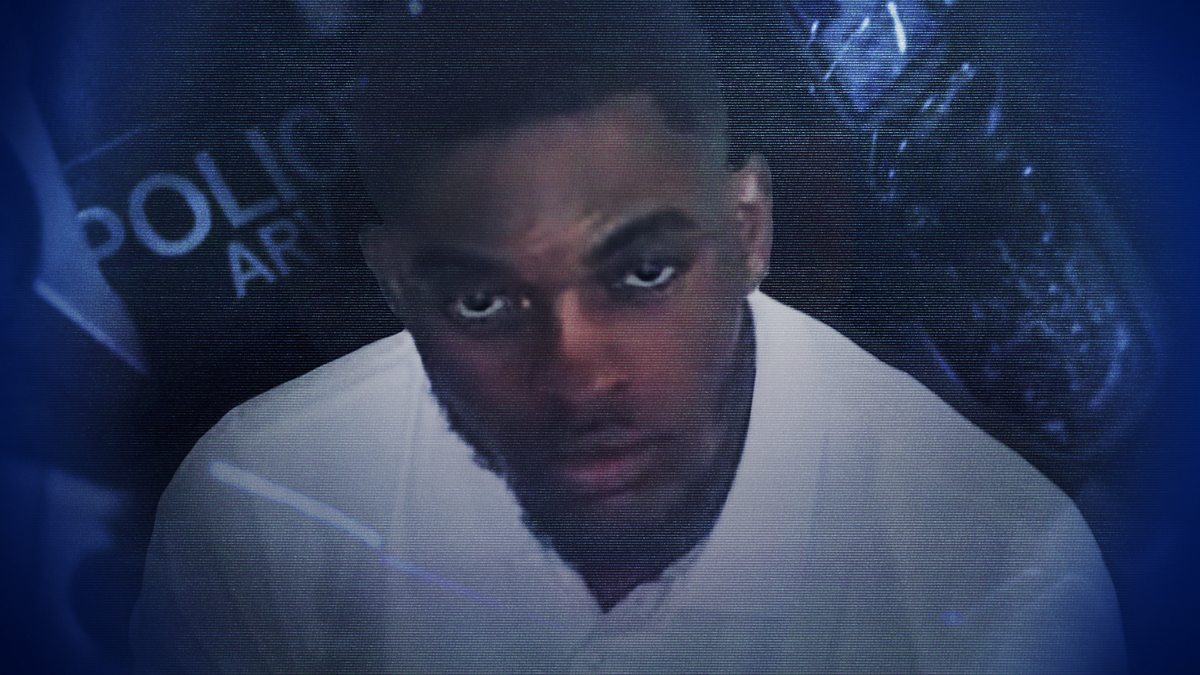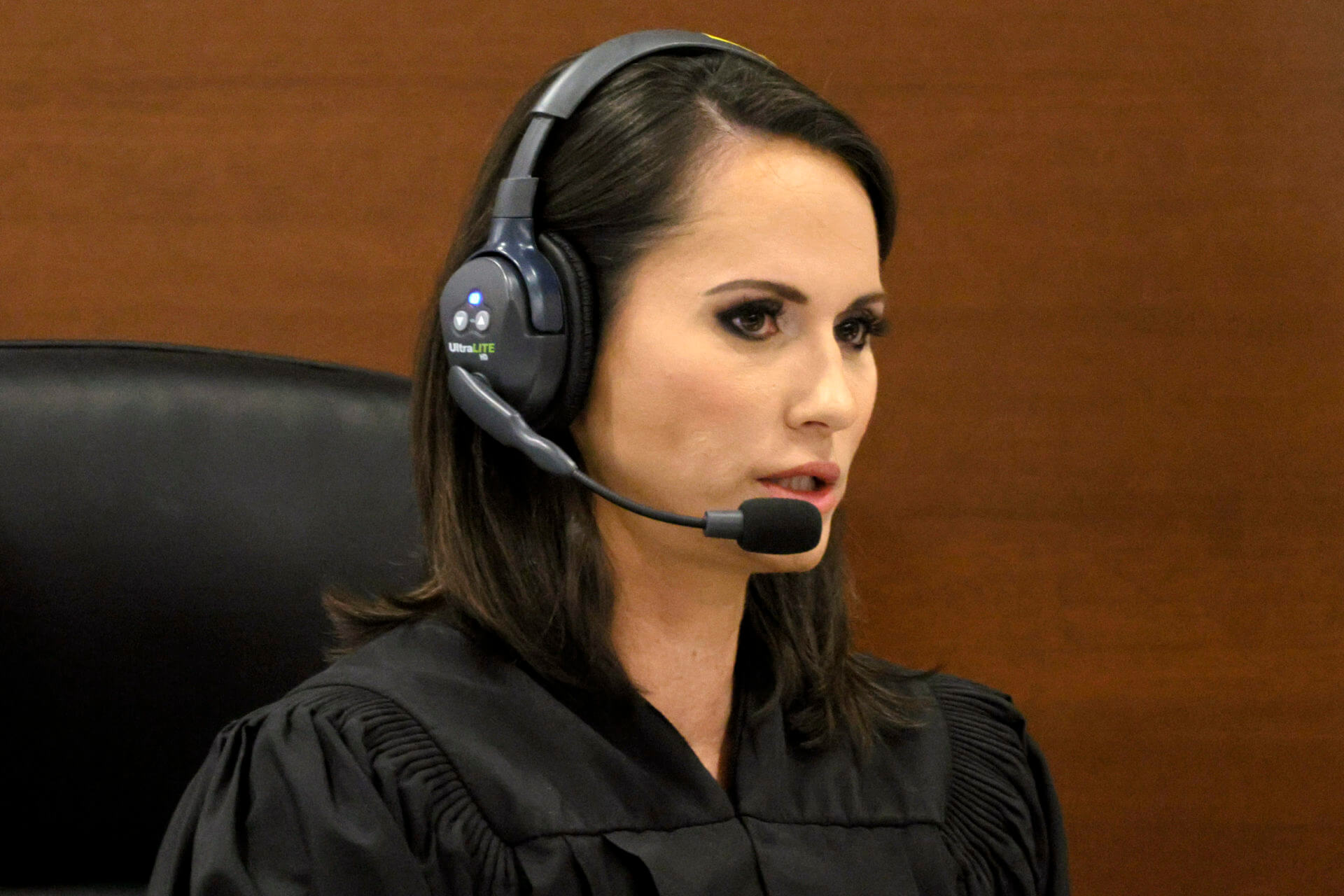Police Complaint To Ofcom: Examining The Chris Kaba Panorama Documentary

Table of Contents
The Panorama Documentary's Allegations
The BBC's Panorama documentary presented a series of compelling allegations regarding the circumstances surrounding Chris Kaba's death. These allegations, which directly fueled the subsequent Ofcom complaint, cast serious doubt on the Metropolitan Police's account of the events. The documentary aimed to provide a counter-narrative to the official police version, presenting evidence and perspectives that hadn't been fully aired previously. Key allegations included:
-
Allegations of police misconduct: The documentary alleged that the police officers involved acted improperly, potentially violating established procedures and protocols. This included questioning the justification for the pursuit and the use of lethal force.
-
Questioning of police procedures and training: The documentary raised concerns about the adequacy of police training in dealing with high-risk situations and the application of force, suggesting a need for improved protocols.
-
Claims of insufficient investigation transparency: The program highlighted perceived gaps and inconsistencies in the initial police investigation, suggesting a lack of transparency and a potential cover-up.
-
Presentation of evidence not previously made public: The documentary featured evidence, including witness testimonies and forensic analysis, which hadn't been previously released to the public, challenging the official police narrative.
-
Interviews with key individuals involved or affected: The documentary included interviews with Chris Kaba's family, friends, legal representatives, and other individuals with knowledge of the events, offering diverse perspectives on the case.
The Grounds for the Ofcom Complaint
The formal Police Complaint to Ofcom rests on several key grounds, all related to the broadcasting standards expected of the BBC. The complaint alleges that the documentary breached Ofcom's broadcasting code in several significant ways:
-
Allegations of factual inaccuracy: The Police argue that certain aspects of the documentary contained factual inaccuracies and misrepresentations of the events leading to Chris Kaba's death.
-
Concerns about impartiality and due process: The complaint centers on concerns that the documentary presented a one-sided view of events, failing to give sufficient airtime or consideration to the Metropolitan Police's perspective and potentially undermining the ongoing police investigation.
-
Claims of one-sided presentation of the case: The complainants argue that the documentary unfairly emphasized certain aspects of the case while neglecting others, creating a biased and potentially misleading narrative.
-
Potential breach of broadcasting codes regarding accuracy and fairness: The complaint alleges a breach of Ofcom's broadcasting code, specifically regarding accuracy, impartiality, and due process. This highlights the serious nature of the allegations against the BBC.
-
Arguments relating to potential harm caused by the documentary: The Police contend that the documentary's presentation could potentially harm the integrity of the ongoing investigation and prejudice any future legal proceedings.
Ofcom's Role and Potential Outcomes
Ofcom, the UK's independent communications regulator, has a crucial role to play in investigating complaints against broadcasters. Its investigation process is rigorous and involves a thorough review of the evidence presented by both sides. Potential outcomes from this complaint include:
-
Ofcom's investigation process: Ofcom will conduct a thorough investigation, reviewing the documentary and the evidence submitted by both the complainant and the BBC. This process may involve interviewing witnesses and reviewing relevant documentation.
-
Potential sanctions if the complaint is upheld: If Ofcom finds the complaint to be justified, it could impose various sanctions, ranging from formal reprimands to substantial fines, and potentially requiring broadcast corrections.
-
The impact of Ofcom's decision on public trust in the police and media: The outcome of Ofcom's investigation will have significant implications for public trust in both the Metropolitan Police and the BBC. A finding against the BBC could erode public confidence in its impartiality, while a dismissal of the complaint could further damage public trust in the police.
-
Precedents for similar complaints against broadcasters: This case will undoubtedly set a precedent for future complaints against broadcasters concerning their coverage of sensitive events involving police misconduct.
Public Reaction and Media Scrutiny
The Panorama documentary and the subsequent Police Complaint to Ofcom have generated widespread public debate and intense media scrutiny. Reactions have been diverse and often polarized:
-
Social media reaction and public opinion polls: Social media platforms have been buzzing with opinions, with some praising the documentary for shedding light on police misconduct while others criticizing it for alleged bias and inaccuracies.
-
Commentary from legal experts and other commentators: Legal experts and commentators have offered varying interpretations of the documentary's content and the validity of the Police Complaint to Ofcom.
-
Analysis of media coverage of the complaint and the documentary itself: The media itself has been analyzing and critiquing the coverage of both the documentary and the ensuing complaint, highlighting the challenges of reporting on sensitive and complex issues.
-
The impact on the ongoing police investigation and potential legal proceedings: The outcome of the Ofcom investigation and any subsequent legal proceedings could have a substantial impact on the ongoing police investigation and potential future legal actions.
Conclusion: The Impact of the Police Complaint to Ofcom on the Chris Kaba Case
The Police Complaint to Ofcom regarding the Chris Kaba Panorama documentary highlights a crucial clash between the need for investigative journalism and the maintenance of broadcasting standards. The documentary raised serious questions about police conduct, transparency, and accountability, while the complaint emphasizes the importance of impartiality and factual accuracy in reporting. The central issues revolve around the balance between the public's right to know and the potential for harm caused by potentially biased or inaccurate reporting. Ofcom's decision will not only impact the Chris Kaba case directly but also set a precedent for future coverage of sensitive topics involving law enforcement. The Police Complaint to Ofcom underscores the importance of media accountability and the role of regulatory bodies like Ofcom in upholding broadcasting standards. Stay informed about the Ofcom decision and continue to engage in discussions about police accountability and media ethics surrounding this significant case.

Featured Posts
-
 Eurovision 2025 Early Favorites Revealed
Apr 30, 2025
Eurovision 2025 Early Favorites Revealed
Apr 30, 2025 -
 Why Middle Managers Are Essential For Company Success And Employee Well Being
Apr 30, 2025
Why Middle Managers Are Essential For Company Success And Employee Well Being
Apr 30, 2025 -
 Valneva Document Amf Cp 2025 E1027271 Informations Cles Et Analyse
Apr 30, 2025
Valneva Document Amf Cp 2025 E1027271 Informations Cles Et Analyse
Apr 30, 2025 -
 Jury Selection Starts In Case Of Slain Charlotte Mother
Apr 30, 2025
Jury Selection Starts In Case Of Slain Charlotte Mother
Apr 30, 2025 -
 Zodiac Predictions For April 17 2025 Your Daily Horoscope
Apr 30, 2025
Zodiac Predictions For April 17 2025 Your Daily Horoscope
Apr 30, 2025
